Money
what it is that rules us
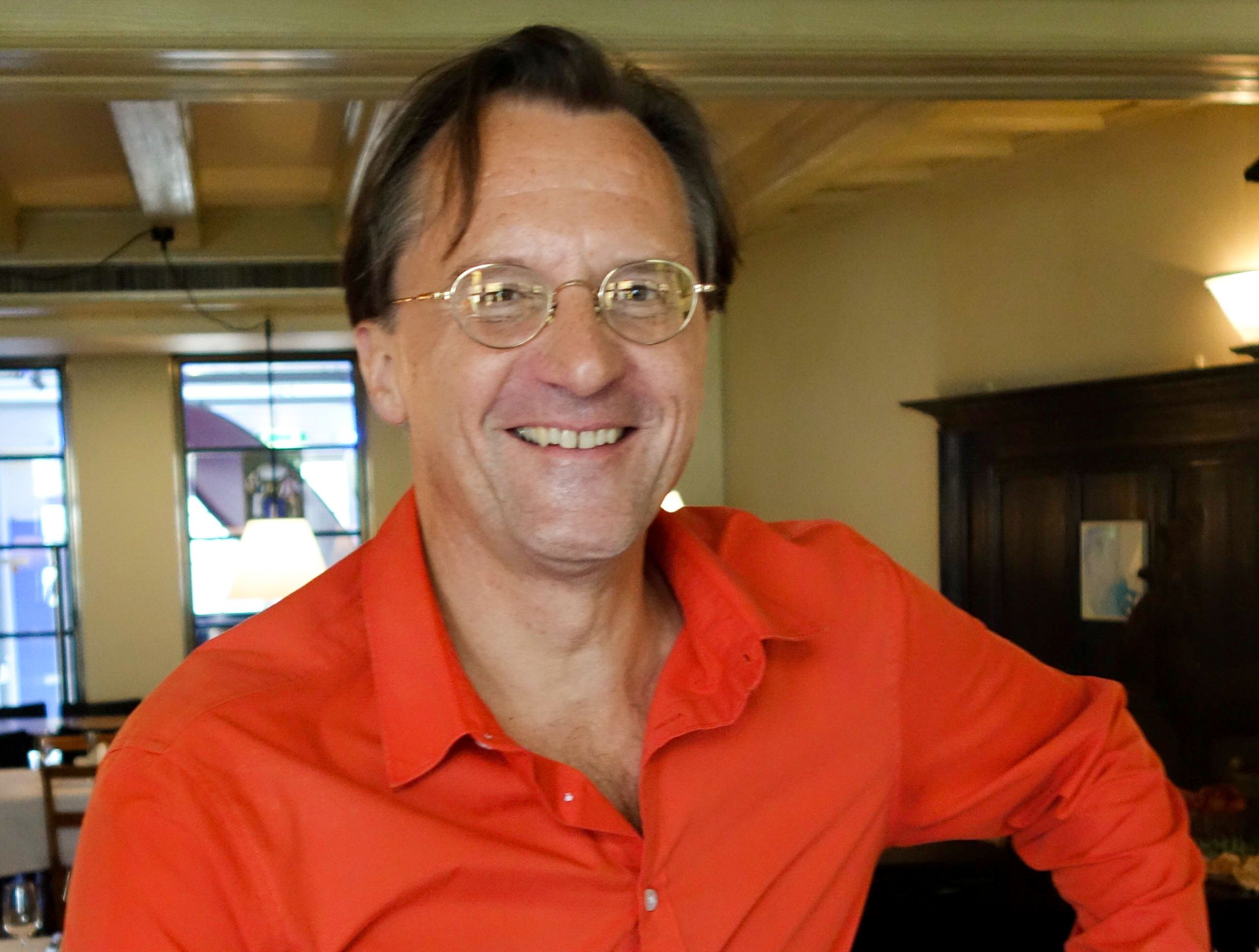
Eske Bockelmann's book is being prepared for publication in English
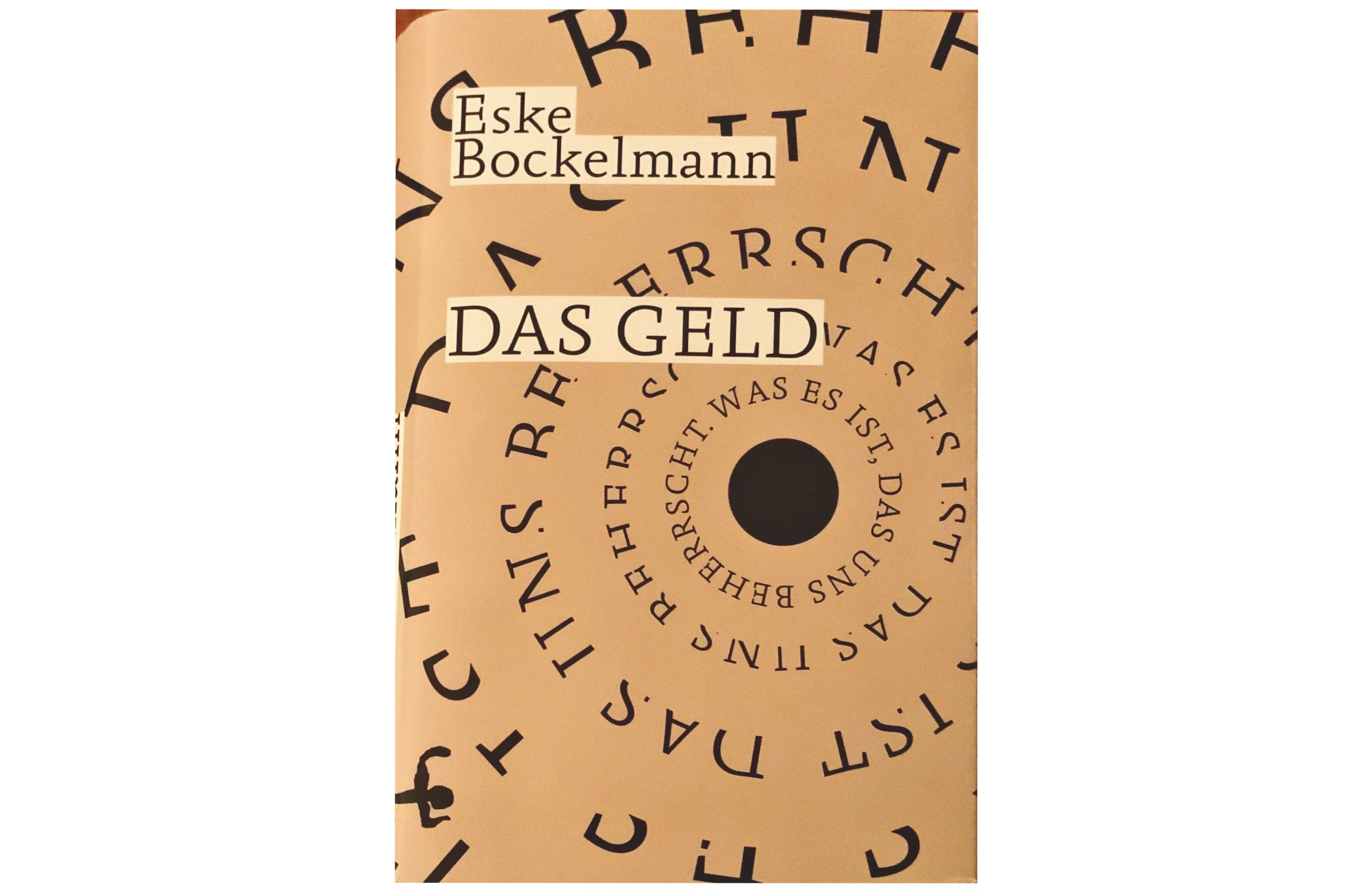

The book "The money" correctly determines for the first time:
ONE: how it came to money historically
TWO: what money is
THREE:
and what money thereby specifically causes and enforces.

ONE
The familiar explanations to date for how money historically arose go astray in that they transfer certain relationships specifically shaped by money today involuntarily back to all times, then wrongly presuppose and in a circular manner deduce what money is.
Money does not arise as soon as something is merely exchanged, bought or traded or as soon as there is something like coins.
Money, and with it this idea of value and equivalence only and exclusively comes about where an entire community no longer deals only peripherally with buying and selling, but lives from buying and selling.
Only such a society is dependent on the continuous use of a medium of exchange and is dependent on its circulation.
Thus money arises as a social relationship, not in fact something that people invented as a thing. It arises on the basis of historical changes that take place blindly in that they create such a society and result in money as the pure medium of exchange in an equally blind necessity. Changes of this kind historically worldwide occur uniquely in Europe in the later Middle Ages. Very particular conditions there weaken the feudalistic connection with its redistributive provisioning of the people, in which buying and selling – as everywhere in the world until then – only played a secondary role.
In the “free cities” of Europe, on the other hand, which in contrast fall out of this interrelationship, this provisioning must be replaced by one that is no longer mediated through personal dependencies, a provisioning that thus predominantly takes place only through purchase and sale. The historical transition whereby an entire society lives from buying and selling occurs in a period towards the end of the “long” 16th century. This at the same time marks the beginning of the modern era – and not by chance: for the societal innovation from which money results forces further historically highly significant phenomena. To them belongs the modern state.
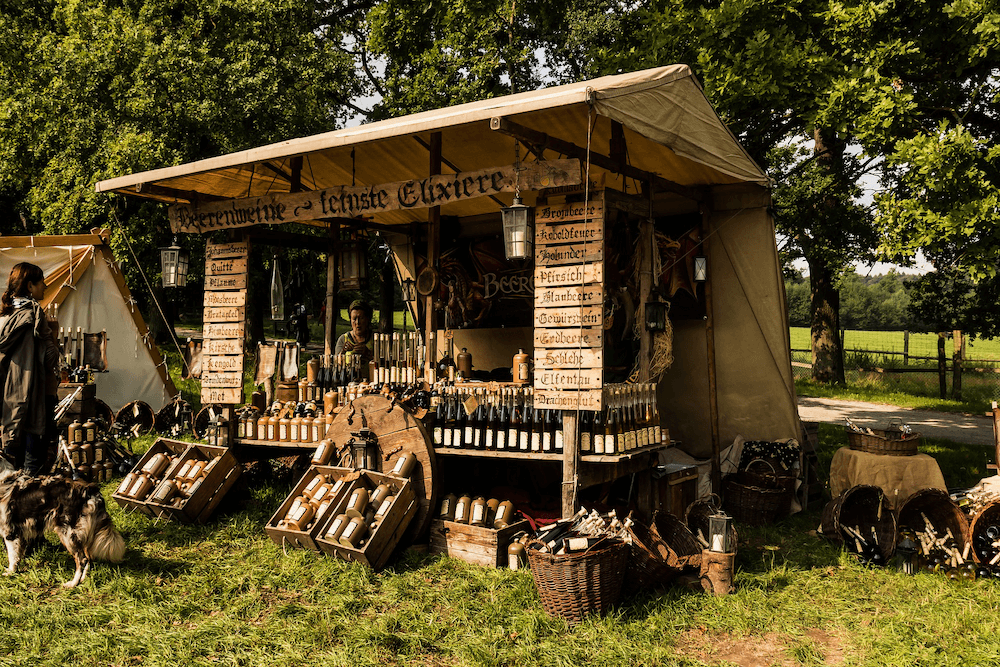
That has always existed.
That has always existed.

Here you can buy everything.
Here you can buy everything.
TWO
Money is not merely a general medium of exchange; money is a pure medium of exchange.

Fiorino d‘oro from Florence
Fiorino d‘oro from Florence
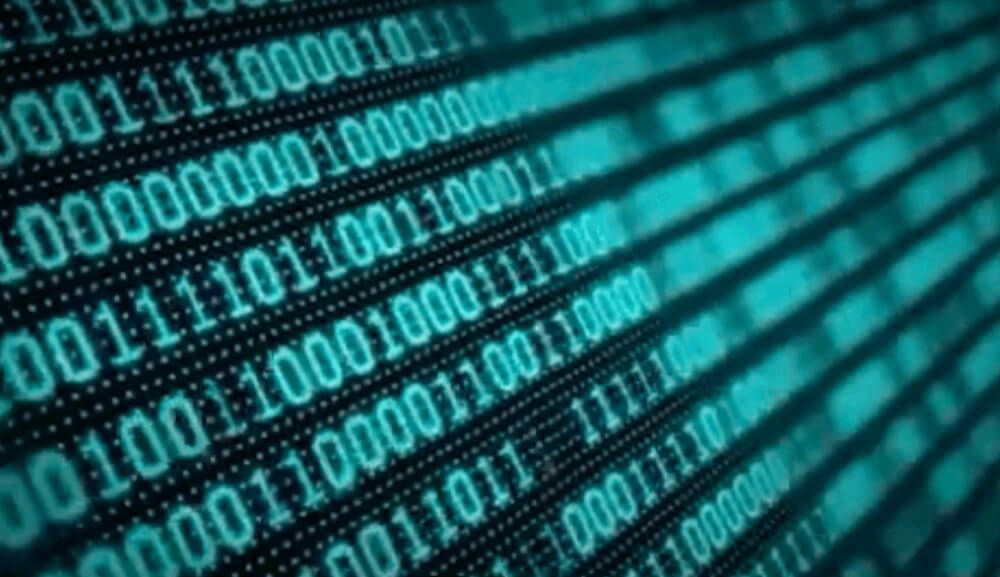
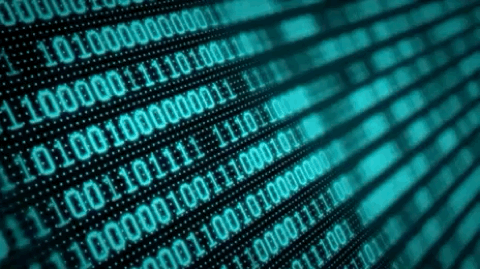
The number beam.
The number beam.
Before money arises at all with the social necessity of its circulation, only things and goods serve for the exchange. These, also in the form of coins, are without exception things among things.
Money, on the other hand, as a pure medium of exchange, consists of nothing, is usable for nothing but exchange, for buying and selling. And this is true from its very beginnings, even if the necessary forms of exchange for it partly emerge only in the course of the worldwide implementation of the monetary system. Money no longer consists of something that can also be exchanged, but consists of nothing but the fact that it can be exchanged for something.
Money must be exchanged continuously into goods to remain money at all: because it consists in nothing else. Just in order to be able to function as a medium of exchange, only money forces to a constantly continued consumption.
In this context, money as a pure quantum is equated with a good to be bought. And this is how the idea of value and equivalence, which is so compellingly connected with money, comes into being in the first place. Money enforces our idea of value as a common "third", which would be given in all goods.
THREE
As deep as the historical change in societal foundations reaches in which people are no longer primarily related to a society through personal obligation but through money, so far-reaching are the consequences that this brings about. Such consequences explain, among other things, even the most powerful phenomena of modern times: state, capitalism, European expansion.
State
This name is found for communities only when they change from associations of persons to modern states, to sovereign and abstract states governed by personnel according to the "reason of state". This change, too, initially took place in Europe alone, at the same time as money emerged there.
A society in which everyone has to provide for himself mainly by buying and selling, people consequently live from the one means of exchange which everyone must have at his disposal. This means of exchange, the money, represents the society-wide valid power to receive the goods of other people by means of purchase. But since money in itself does not consist of anything that could guarantee this power, it must be guaranteed by an external power: a real power that must emerge in order to be able to assert the access power of money society-wide.
Such a kind of supreme power had until then made no sense and had until then nowhere existed: It is the modern “state”. This state as we know it, with this becomes at the same time the highest economic subject, since it must lie in its specific interest not only to secure money and the progress of money-based business, but also by all means to promote it. On the success of this business process, now also for its part mediated through money, also rests state power. The state is indeed not opposed to the power of money, rather the state exists for it and through it. Therefore the state binds the people who have been made its constituents to money, with everything that belongs to it. Everything that it lets its citizens decide beyond that must adhere to this strict requirement as part of the basic state order.
Capitalism
In a society in which everyone has to live on money as the one means of exchange, everyone has to get money in order to be able to live on it. But everybody gets money only by selling something to others for money. In order to be able to sell such a thing, he will usually already have to spend money himself, precisely because in such a society the things, goods and services, can generally only be obtained against money. Consequently, in order to get money, everyone must get more money than it costs him with something that already costs him money itself. Money invested must become more money. Who does not make sufficient money profits, goes bankrupt and perishes.
The compulsion to make profits in money with money is therefore inevitably part of money and an economy that deals with money. In fact the propagation or growth of money can fail at any time, but is nevertheless necessary if money is to continue to function as money, namely, if it is not to lose its characteristic as money and its value through depreciation. In order to function as money, money depends on its use to lead to more money; this necessity, however, is the function of capital. To function as capital is therefore an immediate part of the essence of money: it is a given with the establishment of money and cannot be detached from money. Thus when money arises, capitalism arises with it: the need for money to increase, the need for it to function as capital.
Against the insight that money as such – impersonal and abstract – puts people under pressure and that this is part of its essence, there is a strong resistance today. An “essence of money” is denied and repressed in favor of the belief that people invented money and can model it accordingly to their whim: into money that cannot lose its value, into money that does not have to make a profit, into money that is compatible with its fair distribution, or simply into money that only does good because it flows exclusively into good undertakings. However, the harshness with which money follows its – so far insufficiently recognized – essence and with which it forces people relentlessly to follow its inherent logic, therefore, not allowing for any of the hoped-for modeling, shows the obvious course of history since money arose in Europe.
The European Expansion or "The Subjugation of the World"
With money, a hitherto unknown logic emerges, to which it subjects people's lives and according to which they are forced to act. Where there is money, people can no longer, as during the rest of their history, only be interested in obtaining goods with which they can live well. Instead they must come to money, for which then such goods can be gotten. But they come to money only by turning the goods of this world into money, namely into goods for which one gets money from others.
Since money is pure quantum with a compulsion to constant increase by its use as money, thus by putting-into-value of parts of this world, the compulsion is unlimited.
The interest of the logic of money, which forces to cross all borders, corresponds to the boundless violence, with which the expansive access to the world is pursued. It is a violence which had no sense without the money logic - with all cruelty of which humans were capable also before. The peoples subjugated by the money nations knew neither sense nor logic of a violence which must aim at an unlimited enrichment of values. Hence the superior, namely unrestricted violence of the Europeans, which is incomprehensible in its logic to the subjugated.
Presence and environment
The world is called “environment” since it is clearly up against the wall: since it is foreseeable that destruction become globally threatening, which – something too little seen – inevitably follow the logic of money competition: that for the consumption and the valuing of more and more parts of the world as little money as possible may be spent, in order that as much as possible and more money comes out. So, the consideration of the world, when it comes to money, costs money – too much money, which it dare not cost.
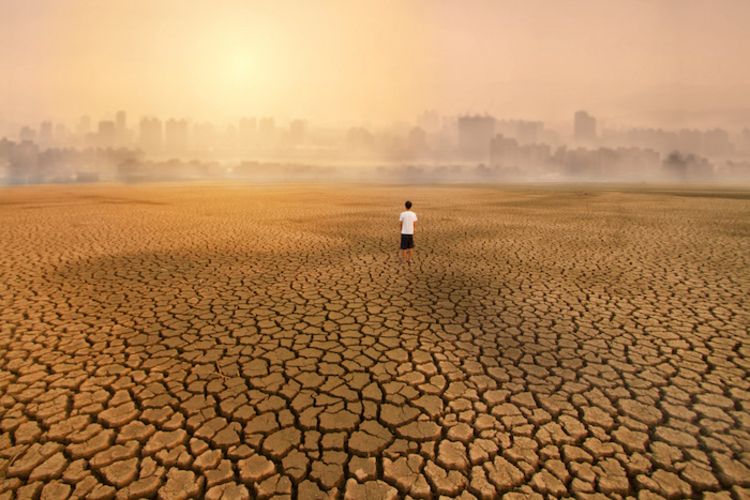

Thoughts on Money
“Society is a spider web whose threads are money threads, i.e. whose nodes are single individuals, and the threads are money relations."
"If our relationships have become money relationships, then we are missing very essential aspects of our humanity, such as trust, emotional bonds. Everything that used to bind us to each other is in the process of being dissolved and in the end we have the single society. This is not absolute loneliness, but for us sociologists social isolation is a basic pathology of our society."
Video in German only.
